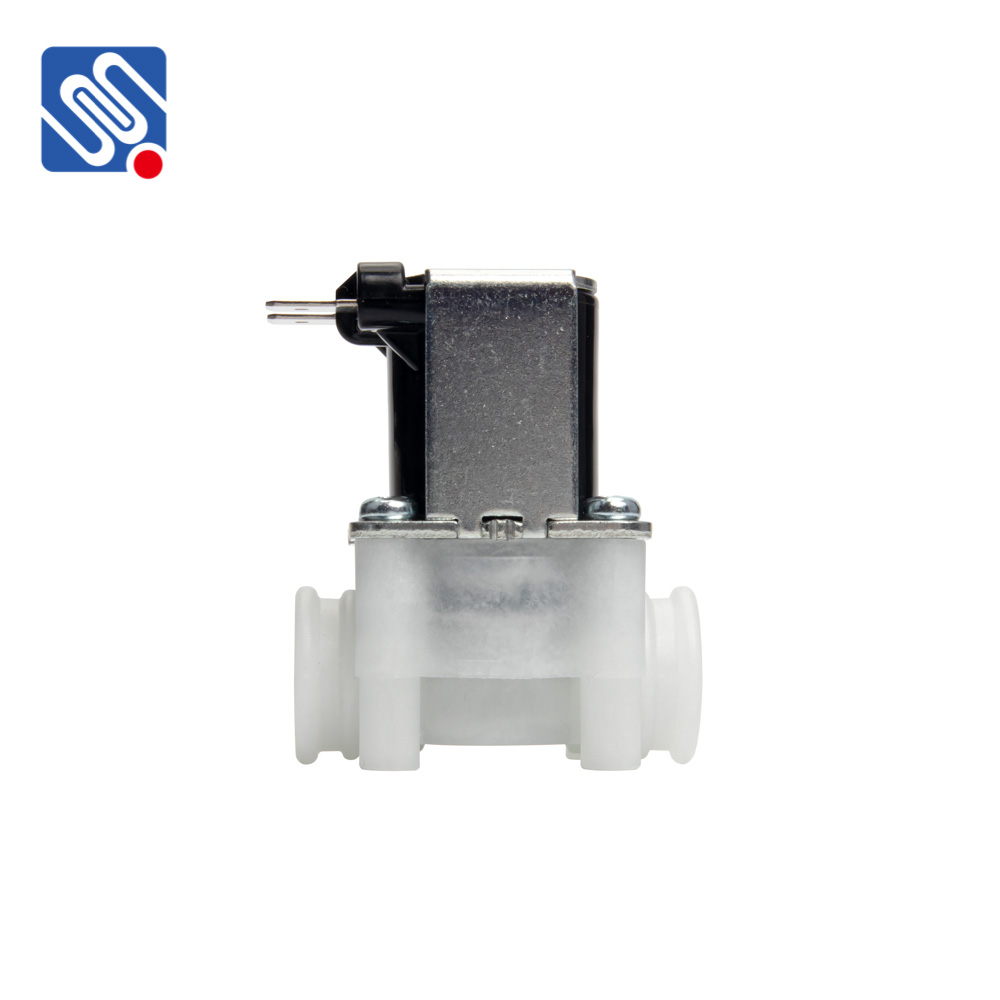A PVC solenoid valve is an essential component in modern automation systems, playing a crucial role in regulating the flow of fluids such as water, air, and various chemicals. These valves are designed to open or close based on an electromagnetic control mechanism, offering a high degree of convenience, efficiency, and versatility. In this article, we will delve into the key features, advantages, and common applications of PVC solenoid valves, as well as provide insights into their structure and working principle.

What is a PVC Solenoid Valve? A PVC solenoid valve is a type of valve that is operated by an electromagnetic field. The valve uses a solenoid (a coil of wire that produces a magnetic field when electricity is passed through it) to control the flow of fluids through pipes. Made from polyvinyl chloride (PVC), a highly durable plastic material, these valves are particularly valued for their resistance to corrosion, chemicals, and a wide range of harsh environmental conditions. Key Features of PVC Solenoid Valves Corrosion Resistance: One of the standout features of PVC solenoid valves is their ability to withstand corrosion. PVC material has excellent resistance to acids, bases, and many other corrosive substances, making it ideal for applications in industries like chemical processing, wastewater treatment, and agriculture.